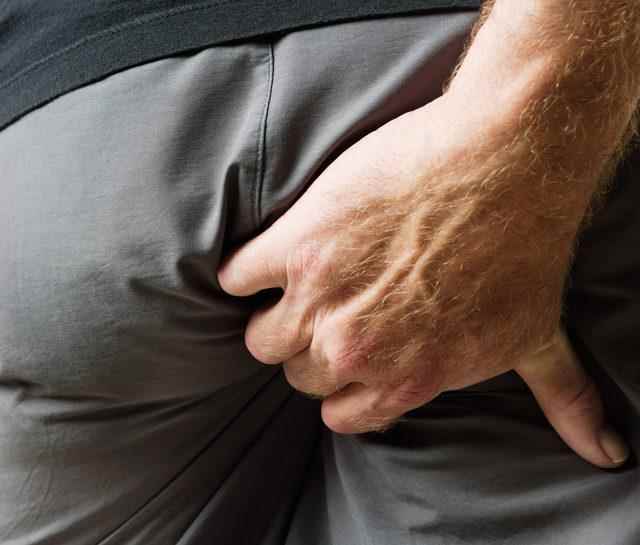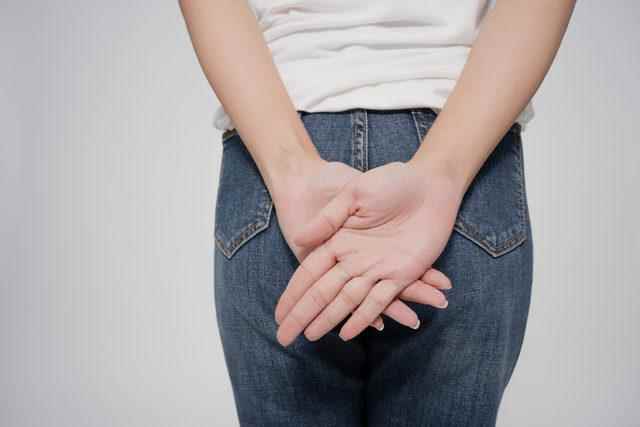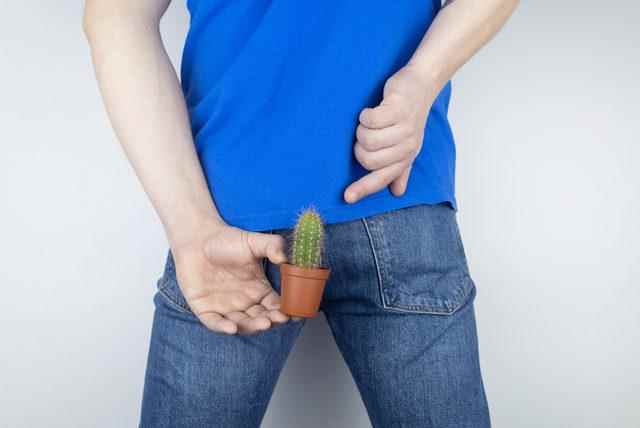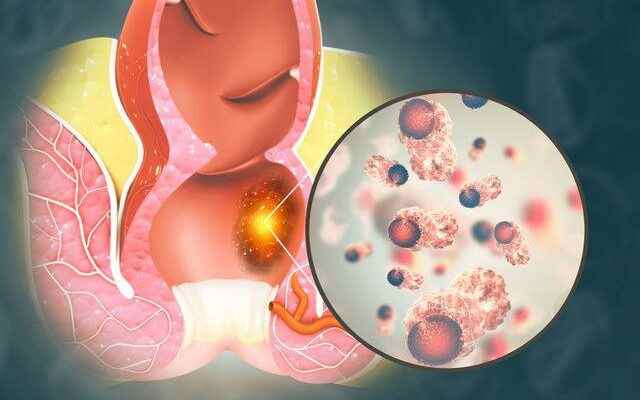Anal cancer, or rectal cancer, is one of the dozens of cancer types that occur in the anal region. A short tube at the end of your rectum through which stool leaves your body. As women get older, they may be more likely to get the disease than men.
Some people with the disease do not have any symptoms. For this reason, it is necessary to pay attention to conditions such as frequent itching and hardening in the anus. For this reason, it is very important to consider the symptoms that are ignored such as frequently itchy anus. What are the symptoms of anal cancer or anal cancer?
SYMPTOMS OF ANAL CANCER (SYMPTOMS OF BREAK CANCER)
- rectal bleeding
- Feeling of mass, swelling in the anus
- pain in the rectum
- Persistent or recurrent rectal itching
- Change in bowel habits (frequent or less frequent defecation)
- Difficult defecation, straining
- pen-like thinning of stool
- rectal discharge
- Swelling of lymph nodes in the groin and anus

When it comes to symptoms found in your rectum, besides itching and pain, small lumps may be present around and inside the bottom. Experiencing mucus discharge from the bottom may also occur.
WHAT CAUSES ANAL CANCER? (WHAT CAUSES BREAK CANCER?)
Anal cancer occurs when healthy cells turn into abnormal cells. “The abnormal cells grow and multiply uncontrollably, and they don’t die,” explains the Mayo Clinic.

The accumulating abnormal cells form a mass (tumor) that invades nearby tissues and leaves the initial tumor to spread elsewhere in the body.
THE IMPORTANCE OF PROTECTION IN SEXUAL RELATIONSHIP
Anal cancer is closely related to a sexually transmitted infection called human papillomavirus (HPV).
Other high risk factors include anal sex or multiple sexual partners, a history of cervical, vaginal, or vulval cancer, and smoking.
Having a weakened immune system can also increase your risk of getting the disease.

Your risk of developing anal cancer increases as you get older, with half of all cases diagnosed in people aged 65 or older. The condition is also slightly more common in women than men, she says.
WHY ITCHES IN BREAK?
- bacterial infection
- Hemorrhoids
- skin problems
- Psoriasis
- hygiene problems
- leaky stool
- fungal infection
- sexually transmitted infections
